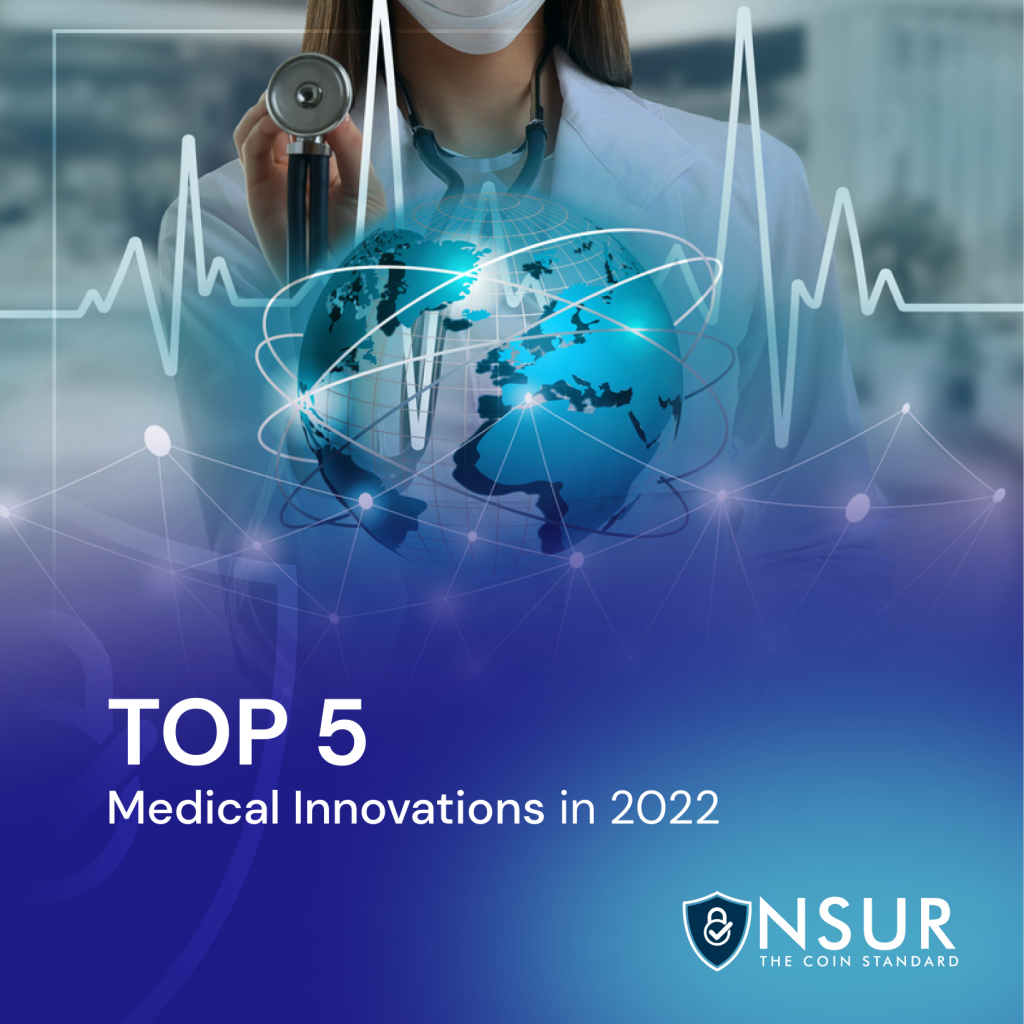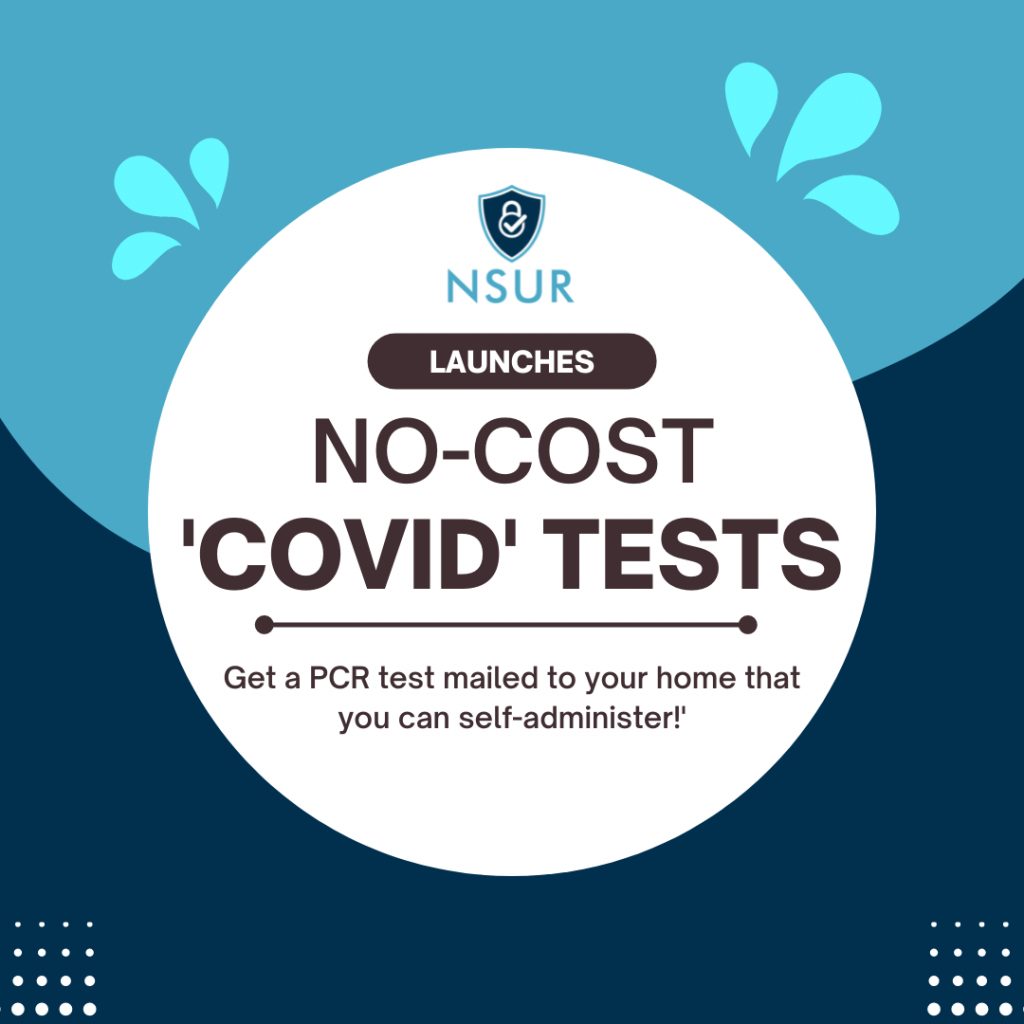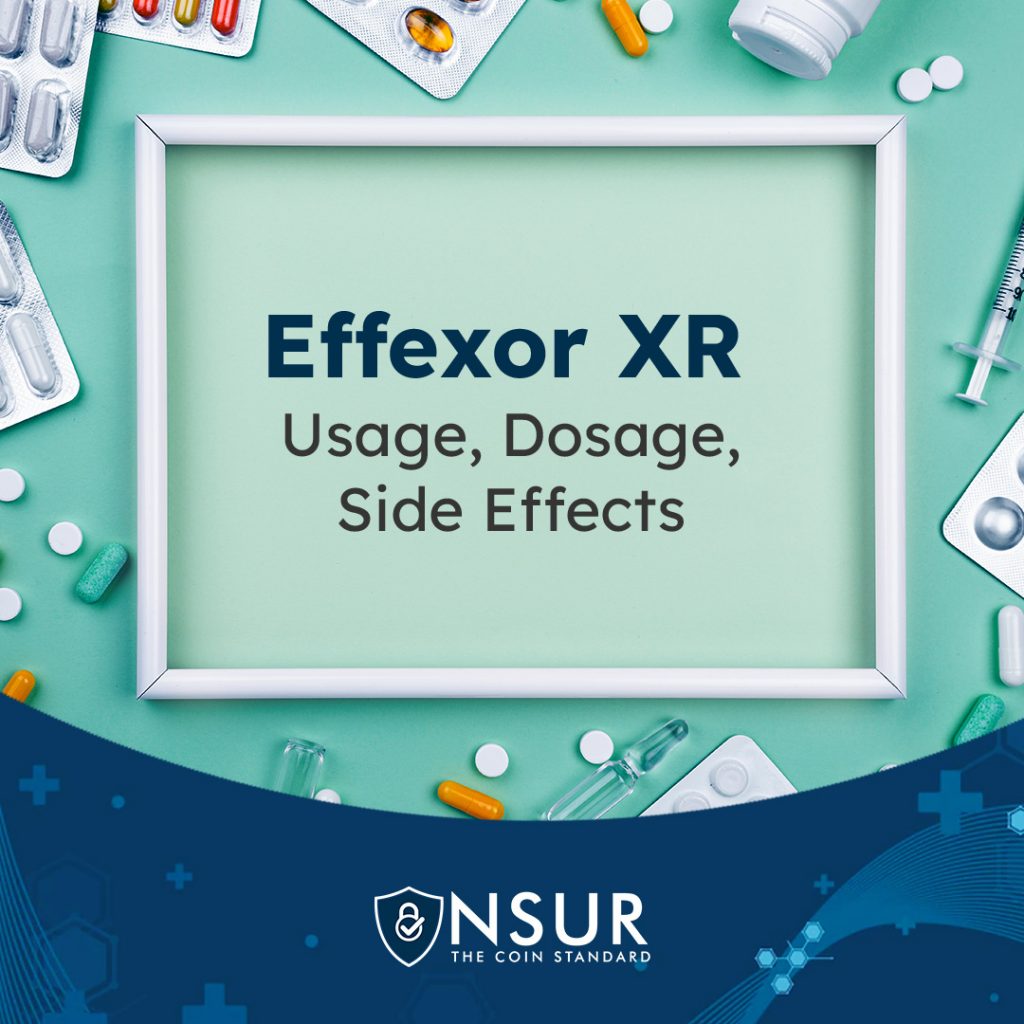
Modern medical technology and devices have revolutionized our lives. New technologies are opening advanced treatment options for healthcare professionals.
There are many specialized medical innovations present which look like science-fiction healthcare technologies. Doctors can treat a wide range of diseases and conditions using cutting-edge technology.
Check out some of the most ground-breaking and futuristic technologies that may soon be available in hospitals and other health care settings
- Treatment and diagnosis using Augmented Reality
A new way to communicate information is opened up by Augmented Reality. AR gives you more control and access to knowledge without using your hands. There are many AI applications in healthcare, from training and education to patient care. For example, AimVein’s advanced technology simplifies vein mapping, improves puncture accuracy, and reduces patient pain.
Many brands like Apple, Google, Lenovo, and Microsoft are already in the market with their versions of AR glass smart spectacles. These high-tech devices can collect data and visualize the body of a patient.
In the future, surgeons can compare x-rays or ultrasound scans with a patient’s body. Allowing them to take more accurate measurements and detailed pictures during surgery. AI can help hospitals improve healthcare quality and meet patient needs.
- Wearable Technology in Healthcare
Advances in wearable technology and health awareness are progressing. People are actively wearing devices to track their calories, activity time, heart rates, and blood pressure. With this, doctors can remotely check patients to make changes to their plan of care to avoid rehospitalizations.
As wearable technology advances, Fitbit, Apple smartwatches, Owlstone Medical’s cancer-detection breathalyzers, and wearable monitors have emerged. Diagnosis of medical conditions is possible by using portable, wearable fitness trackers, biosensors, ECG & blood pressure monitors, and different affordable devices. These devices are currently being tested in clinical trials.
As these devices become more affordable and available, it will be possible for patients to get diagnosed and treated at home. Rather than having to go to the hospital whenever they notice symptoms.
In the United States, wearable healthcare technology is experiencing a boom. As the market matures, more wearable technology will be available to consumers and businesses. By 2022, there will be more than 84 million users of health and fitness apps, according to Insider Intelligence.
- Virtual Reality in Healthcare
The healthcare industry is being transformed by virtual reality. Healthcare companies are focusing on developing new technology solutions through virtual reality.
In healthcare, VR could contribute to more impactful visual experiences of human anatomy. In addition to reducing medical costs, it can reduce fear and stress.
VR has applications in the pharmaceutical industry, research, laboratories, hospitals, and clinics. Additionally, it is used in fitness management, patient care management, education, and training.
- Smart Symptom Checker Chatbot
AI-powered chatbots are computer applications. It interacts with humans through voice, and textual input.
Many people google their symptoms and often misdiagnose themselves. Even though a visit to the doctor is required. With a medical chatbot from a trusted clinic, patients can receive a more accurate primary diagnosis. Chatbots can also motivate patients to get qualified medical advice as needed.
- 3D Bioprinting in healthcare
3D Bio-compatible implants are more reliable and accessible technology for numerous patients. With advanced materials and prosthetic techniques, 3D bioprinting will undoubtedly fulfill the patients’ requirements. This technology can deliver customized bionic prostheses for different parts of the body. In cases of cardiac and neurological patients, these implants can be life-saving.
Conclusion
Medical technologies are expected to become even more innovative as technology advances. Researchers are developing new technologies that could improve healthcare efficiency and effectiveness. Developing medical technology involves modifying and clinically testing the new substance, device, or treatment until it is proven safe.
As we look forward to 2022 and beyond, we should be aware of these new innovations and how they may impact the world of medicine.











